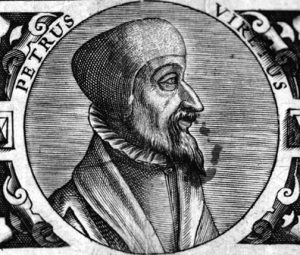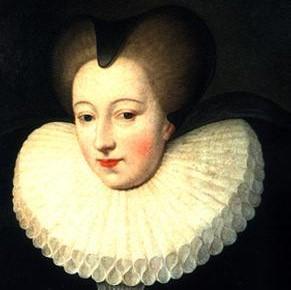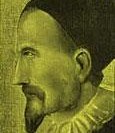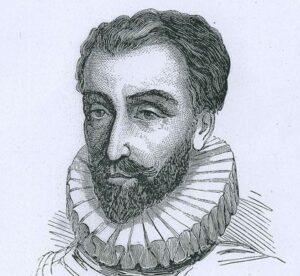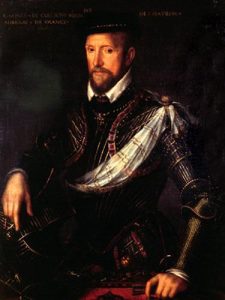His ministry in Switzerland and in Geneva
Pierre Viret was the only French Reformer born in what is known today as “Suisse romande” – in Orbe in the “Canton de Vaud”. His father sent him to Paris to study at the Collège Montaigu (1527-1530).
When he returned to Orbe, he met the reformer Guillaume Farel who convinced him to dedicate himself to spreading the Gospel.
He first went to Grandson and Payerne in Switzerland, and in 1534 he went to Geneva where he took part in the struggle against the troops of the Duke of Savoie.
In 1536 he took part in the Lausanne Dispute. He became a pastor and taught at the faculty of theology – the Academy – founded in 1537.
His talents as an orator gave considerable impact to his preaching.
In 1599 he was oblige to leave Lausanne and went to Geneva where he participated in the founding of the Academy.
His ministry in France
In 1561 Viret left Geneva for Nîmes where he not only taught, but helped develop the Church. He later went to Lyon where he presided over the national synod of the Reformed Churches in August 1563. But was obliged to leave the city in 1565, as – according to a law promulgated by Charles IX – ministers born outside the kingdom were not allowed to preach. He took refuge in Orange, and then in Béarn where Jeanne d’Albret appointed him as superintendent of the Academy she had founded inOrthez.
During the third war of religion he was imprisoned by the Catholics and remained in gaol for two years. On the 4th of April 1571 he died as he was preparing to attend the synod in La Rochelle.
Numerous writings
Pierre Viret wrote numerous works on theology and politics as well as satirical writings.
Theology :
- Instruction Chrétienne en la doctrine de la foy et de l’Évangile (Christian teaching on the doctrine of faith and the Gospel, Genève, 1564, 2vol.). It is a more elaborate version of his first Instruction chrétienne et somme générale de la doctrine (Christian teaching and general compendium of doctrine) published in 1556.
- De la providence divine (On divine providence, Lyon 1565).
Politics :
- Remonstrances aux fidèles qui conversent avec les papistes (On admonishing believers who talk to papists, Genève, 1547).
Satire :
- Dialogue du désordre qui est actuellement au monde (Dialogue on the present disorder in the world, Genève, 1545), modified and re-entitled Métamorphose chrétienne (Christianmetamorphosis, 1552), as well as the very successful Le monde à l’empire et le monde démoniacle (The empire and demons of the world, 1561).

